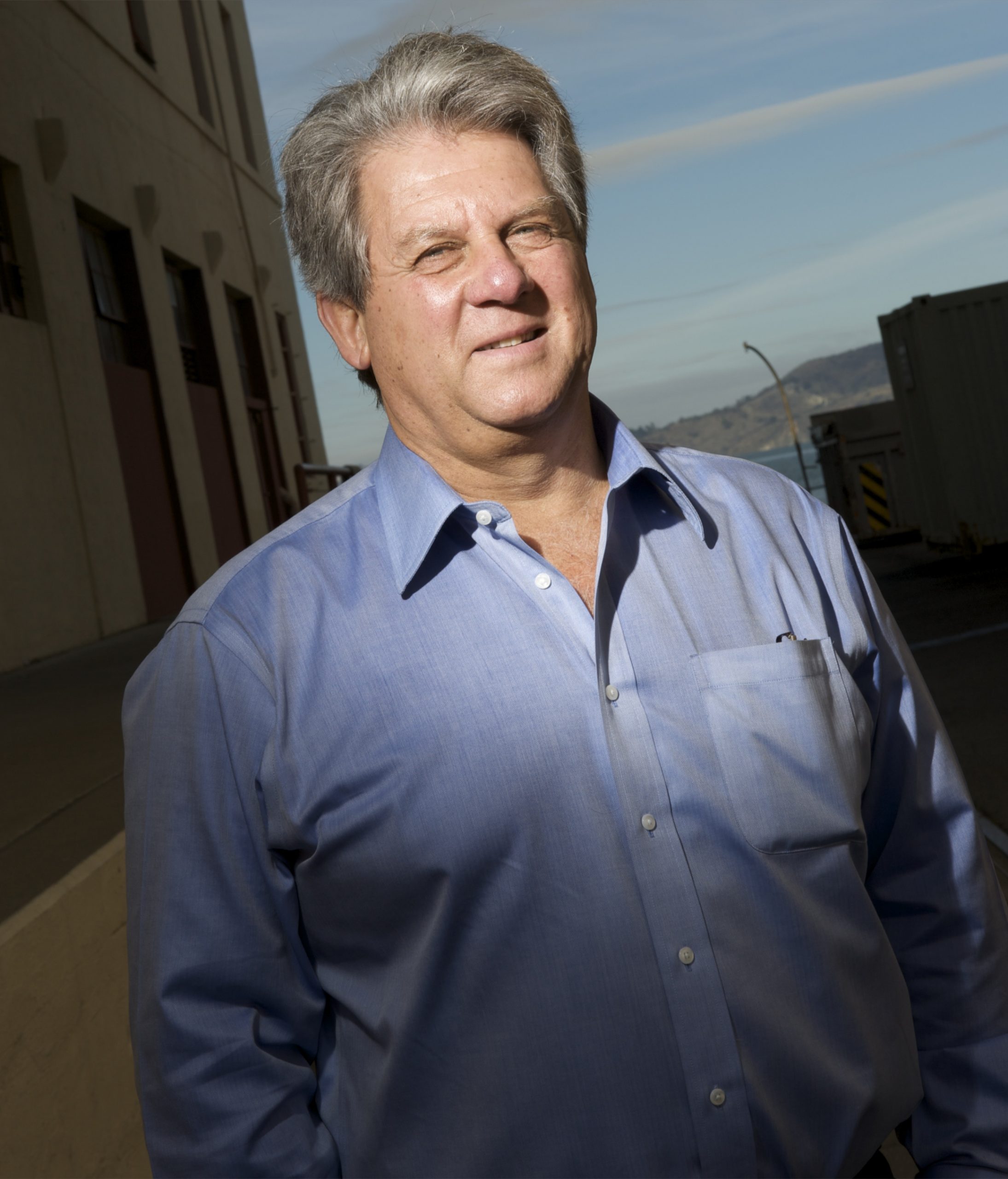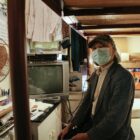Green and socially responsible business are flexing their collective lobbying muscles to have their concerns heard in Washington, with firms from the Bay Area leading the way.
The move preceded the departure of several prominent companies from the U.S. Chamber of Commerce, which has historically skewed to the political right and been dominated by large corporations. The new groups hope to distinguish themselves on key issues such as climate change, chemical regulation and green jobs.
With the administration of President Obama championing environmental careers and small companies, new business networks see an opportunity to advocate for their missions, which they say have gone unrepresented, and even opposed, by the U.S. Chamber.
“There is a multifaceted community of businesses and business people in this country and the Chamber represents one faction, one aspect of it,” said Elliot Hoffman, CEO and chairman of
New Voice of Business, a Bay Area-based group that claims 1,000 members, primarily entrepreneurs, as well as some mid-and large-sized businesses. “And there are many others that have nothing to do with the Chamber of Commerce.”
Hoffman was hailed as a pioneer in socially responsible businesses after co-founding Just Desserts, the Bay Area bakery chain that has supported various social causes since the mid-1970s.
If there is a ground zero for green jobs, it is in the Bay Area. A new
report by the research group Next 10 puts the region’s number of green jobs at 41,674, representing a growth of 51 percent between 1995 and 2008. The report does not include green consumer product companies, such as organic food producers, implying the number of jobs is even higher. Instead, the report focuses on companies that provide energy, conservation and pollution reduction products and services.
Long a bastion for socially concerned companies and now a hotspot for green jobs, the Bay Area is headquarters to a handful of networks, such as New Voice, that have opened their doors or launched new national campaigns this year. Issues that the networks are pushing include strong climate change legislation, environmental health standards, and support for small, local companies.
The U.S. Chamber’s stance on climate change legislation was criticized nationally after its senior vice president for environment, technology and regulatory affairs, William Kovacs, in August called for a public hearing on the science of climate change, calling it a “Scopes Monkey Trial of the 21
st Century.” The
Los Angeles Times reported Kovacs as saying, “It would be evolution versus creationism,” in a special trial conducted by the Environmental Protection Agency. Subsequently, big companies such as Apple, PG&E and Exelon withdrew their Chamber memberships.
Shortly after the departure of the companies, the Chamber announced its support of recent efforts to come up with new climate change legislation. The Chamber declined to comment on whether the networks mentioned in this article are accurate in stating that the Chamber doesn’t represent green or socially responsible businesses.
"I can’t comment on any one group that springs up overnight," said J.P. Fielder, the Chamber’s director of media relations.
New Voice began a campaign this year to support the American Clean Energy and Security Act, a national climate change bill that supports a cap-and-trade system for regulating greenhouse gas emissions. It narrowly passed in the House, with a 219-212 vote, last spring and was opposed by the Chamber. The Senate plans to debate a comparable bill this spring. Hoffman said he met to discuss climate change legislation with numerous senior congressional staff, among them Karen Wayland, climate and energy policy adviser for House Speaker Nancy Pelosi.
“Virtually every single one said, ‘Please bring us people from small businesses, we need to hear from them. We don’t hear from them,’” Hoffman recounted.
As a result, New Voice is partnering with groups like
Green America and
Republicans for Environmental Protection to target “fence-sitter” senators in five states about their climate change position. “We’re looking to mobilize business people in those specific states to write letters, to meet in their districts to influence the senators to vote the right way,” said Hoffman.
The states are Pennsylvania, Michigan, Montana, Colorado and Indiana. Hoffman expressed particular hope that Dick Lugar, R-Ind., and Evan Bayh, D-Ind., could be persuaded to support the climate legislation.
“When added up there are a lot of green and socially responsible businesses and investments, but historically they’re not represented in Washington. We’ve teamed up to bring businesses together to champion changes,” said David Brodwin, a founder of the Council, a nationwide coalition of 12 business networks that started in January.
The Council plans to leverage the power of its 20,000 businesses, social enterprises and related entities and 150,000 individual members to back a new campaign supporting the Kid-Safe Chemicals Act, a bill to be introduced by Frank Lautenberg, D-N.J., in the Senate and Bobby Rush, D-Ill., in the House later this year that would overhaul the country’s regulation of industrial chemicals. The Council brings together groups that represent sustainable businesses such as the Green Business Network, Business Alliance for Local Living Economies (BALLE) and Social Venture Network. Many of the groups have been around for years, but unlike the roughly 300,000 members represented by the U.S. Chamber of Commerce, most lack a lobbying arm in D.C. and saw little opportunity to promote their views under President George W. Bush.
“With the Bush administration these businesses were not on the map,” said Brodwin. In contrast, he described the Obama White House as “tremendously open.” Brodwin and other Council members say they have met repeatedly with representatives from the administration to discuss their needs. The White House has made a point of championing small businesses, often calling them “the backbone of the American economy” as well as placing great emphasis on growth in green jobs.
Green businesses of every stripe have been contacting and joining the
Green Chamber of Commerce, a San Francisco-based business network, according to Melissa Cheel, the group’s executive director.
“We receive inquires about new chapters three to four times a week from people all over the country,” Cheel said. The Green Chamber officially started in January and has 170 business memberships, predominantly in the Bay Area. They are now coaching groups nationwide on how to open local chapters and have an eye on providing them with a political advocacy connection.
“They’re really looking to us to be kind of the watchdog and also working for their benefit,” Cheel said. “I have seen more in the last couple of months, people that weren’t necessarily politically engaged begin to question, “What is lobbying? What is our presence and what can our presence be in the future?”










